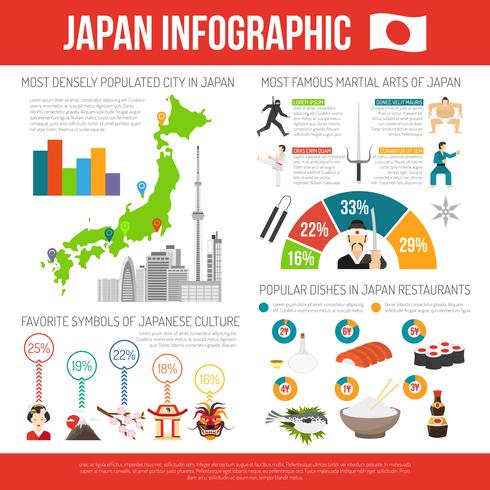The History And Viewpoint Of Martial Arts: A Deep Dive
The History And Viewpoint Of Martial Arts: A Deep Dive
Blog Article
Content By-Ryberg Martin
Step into the old globe where martial arts were substantiated of necessity in diverse areas. Cultures crafted special battling designs intertwined with historic contexts. Techniques advanced over centuries through dedicated technique and social exchanges. Today, modern-day martial arts blend traditional elements for optimal effectiveness. Philosophically, martial arts highlight discipline, self-improvement, and consistency. Regard, humility, and equilibrium are foundational concepts leading specialists in the direction of development and durability. Check out the midsts of this abundant background and approach to discover the extensive impacts shaping this enduring discipline.
Origins of Fighting Style
Fighting style originated in different regions around the globe, developing as sensible combat systems to prevent hazards. These old fighting designs were developed out of necessity, with each culture crafting techniques suited to their special settings and difficulties. From the grappling arts of Jujutsu in Japan to the striking strategies of Martial art in China, martial arts were deeply intertwined with the historical, social, and social material of their corresponding societies.
In Japan, the samurai class refined martial arts like Kenjutsu, the art of the sword, which later advanced into the more promoted kind of Kendo. At the same time, in Brazil, Capoeira emerged as a blend of dancing and fight, created by enslaved Africans as a way to stand up to oppression. Each martial art brings with it a rich background and viewpoint, mirroring the values and beliefs of the people that practiced them.
As you delve into the origins of martial arts, you reveal a tapestry of human ingenuity, resilience, and the unyielding spirit of warriors throughout time.
Development of Methods
Through centuries of technique and refinement, combat strategies within various martial arts have actually gone through an extensive evolution. From old designs like Martial art and Karate to a lot more modern self-controls such as Brazilian Jiu-Jitsu and Krav Maga, the advancement of methods has been driven by a mix of social impacts, useful applications, and technological developments.
One substantial element of this development is the cross-pollination of techniques in between different martial arts. For instance, techniques from standard Japanese Jiu-Jitsu were integrated into the production of Judo by Jigoro Kano in the late 19th century. This blending of styles has actually caused the development of hybrid martial arts like Mixed Martial Arts (MIXED MARTIAL ARTS), which incorporate aspects of striking, grappling, and submission methods.
In addition, the development of strategies has actually been formed by the increasing focus on effectiveness and performance in fight. Experts have actually constantly sought to fine-tune their techniques through extensive training, testing, and competition, resulting in the growth of highly specialized and effective combating styles. Overall, the development of strategies in martial arts reflects the dynamic nature of battle and the ongoing pursuit for improvement and advancement.
Philosophical Foundations
Discovering the underlying thoughtful concepts of martial arts offers understanding into their core worths and assisting ideas. At the heart of numerous martial arts self-controls is the idea of discipline itself. By educating your body and mind to act as one natural unit, you cultivate discipline that expands beyond the dojo or health club into daily life. god of martial arts -control includes respect, humility, and self-discipline, forming not just your physical abilities but also your character.
An additional essential philosophical structure in martial arts is the idea of constant self-improvement. The journey of understanding a fighting style is continuous, with practitioners frequently aiming to better themselves, both physically and emotionally. This focus on development fosters resilience, perseverance, and a development way of thinking that can be applied to all aspects of life.
Moreover, martial arts highlight the relevance of consistency and balance. Techniques are developed to use a challenger's power against them, highlighting the principle of generating and rerouting force rather than fulfilling it head-on. This viewpoint encompasses social connections, advertising calm resolutions and good understanding. By accepting these philosophical foundations, martial musicians not just improve their battle skills but additionally cultivate a way of life centered on personal growth, regard, and consistency.
Final thought
In conclusion, the history and philosophy of martial arts offer an abundant tapestry of practice, self-control, and self-improvement.
Take for example the story of Bruce Lee, that reinvented martial arts by mixing different styles and philosophies to develop his own one-of-a-kind type of Jeet Kune Do.
With find out here now and innovation, martial musicians continue to press limits and influence others to reach their complete possibility both in combat and in life.
